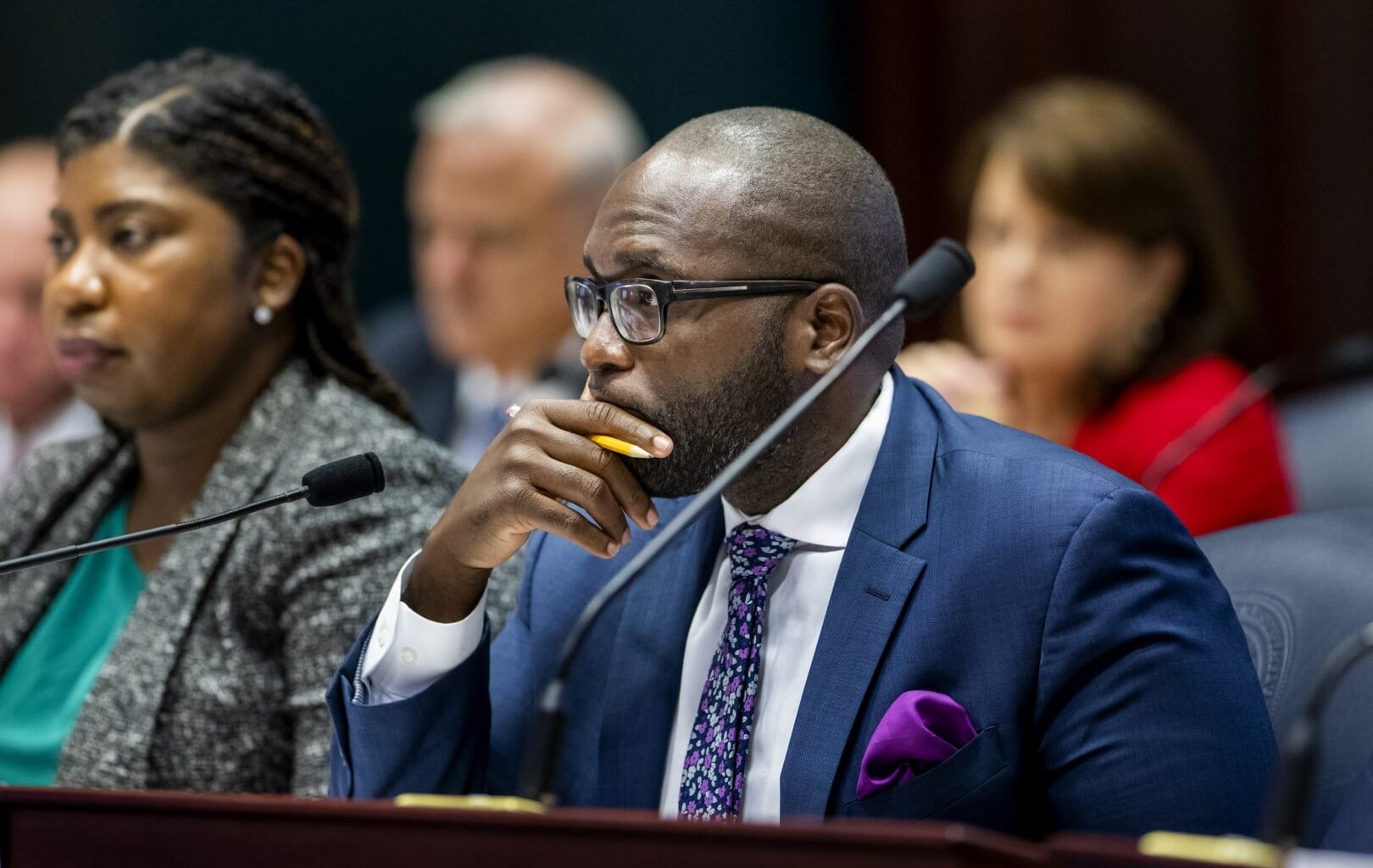A Democratic lawmaker has filed new legislation designed to protect vulnerable Floridians from being victims of fraud and financial exploitation.
Miami Gardens Sen. Shevrin Jones filed the measure (SB 116). The bill would introduce safeguards to prevent title theft and any unauthorized conveyances by requiring additional steps during the verification process before a deed can be recorded. This would include the requirement to have two independent witnesses for any deed or conveyance of real property.
The witnesses would be required to be over the age of 18 and of sound mind. They cannot be party to the conveyance, and must have no financial interest in the conveyance. The measure would further impose a 72-hour “cooling-off” period before the recording of such documents.
Clerks of the Court would be included among those required to report suspected abuse, neglect or exploitation of vulnerable adults to the central abuse hotline.
Real property refers to land and anything attached to it, such as buildings or structures.
According to a report from the FBI, in 2023 the total losses reported to the agency’s Internet Crime Complaint Center by individuals over the age of 60 reached $3.4 billion, an increase of 11% over the previous year.
Florida ranked second in the nation for the number of complaints and reported losses, with older residents reporting losses of more than $180 million in various fraud schemes.
The legislation would allow elderly or vulnerable adults to designate a “trusted person” with the Clerk. The Clerk must notify that person before the end of the cooling-off period. If a trusted person objects to any transfer in writing, a second 72-hour delay would be triggered.
Any objections would then prompt a referral to a not-for-profit legal aid organization, who could launch an investigation into whether the deed was obtained through fraud or exploitation. The Clerk would be unable to record the deed until it is cleared through the legal aid group.
If fraud or exploitation is suspected, the Clerk or legal aid group would be required to refer the case to the State Attorney for investigation and possible prosecution.
The bill would require clerks to provide materials using plain language in their respective offices explaining the risks and protections put in place for older and vulnerable adults by Oct. 1, 2027. It would further reenact certain Florida Statutes to incorporate into training programs mandatory reporting requirements.
If passed, the bill would take effect on July 1, 2026.



